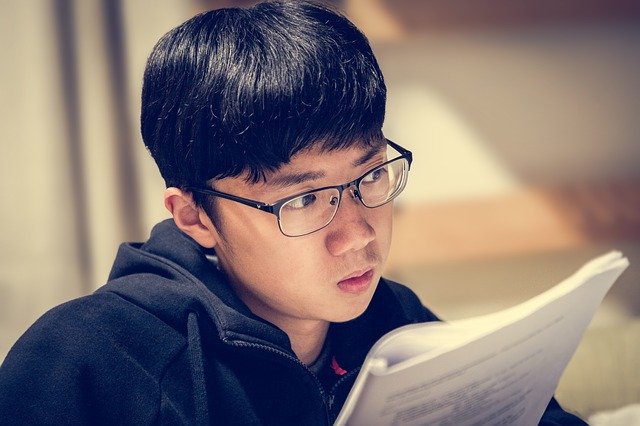
by The Children's Treatment Center | Sep 23, 2020 | General
Another year of college is in full swing across the country. In an effort to control the spread of Covid-19 among their students, some schools have gone to strictly virtual learning. Others, however, are combining this option with in-person classes, which creates a...


